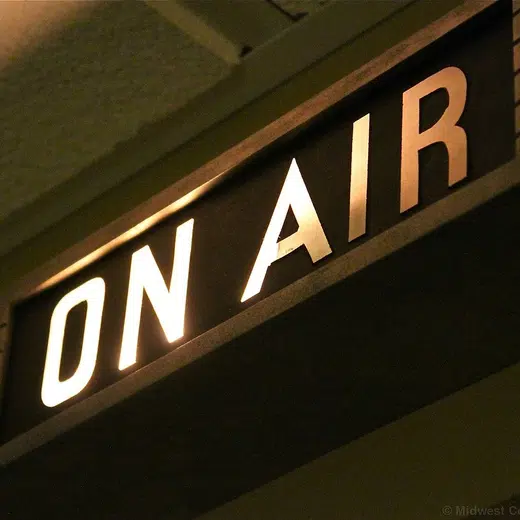By Andrea Shalal
WASHINGTON (Reuters) – The White House on Wednesday said it did not expect the Federal Reserve’s projections for earlier post-pandemic interest rate hikes to significantly alter its own forecasts for longer-term rates and the cost of borrowing to fund planned investments.
A White House official welcomed the Fed’s forecast for 7% growth in the U.S. economy given an improved health situation, saying it showed that President Joe Biden’s push to accelerate vaccinations and get people back to work was paying off.
Fed officials on Wednesday projected an accelerated timetable for interest rate increases, beginning in 2023 instead of 2024, and said the 15-month health emergency was no longer a core restraint on U.S. commerce.
The White House official said the Biden administration would update its own economic forecasts in coming months to reflect an improving economy, but still believed that real debt service rates on the U.S. debt would remain negative to very slightly positive over the next decade.
That was still well below historic norms, and meant Biden’s budget plans remained fiscally prudent, the official said.
Biden last month sent Congress a $6 trillion budget plan that would ramp up spending on infrastructure, education and combating climate change, arguing it made good fiscal sense to invest now, when the cost of borrowing was cheap.
While rates on U.S. Treasury securities have increased from record lows seen at the height of the pandemic last year, the government’s borrowing costs should stay “well below” historical levels over the coming decade, Treasury Secretary Janet Yellen told a Senate Finance Committee hearing on Wednesday.
The White House official also welcomed what Fed Chairman Jerome Powell’s forecast for a “very strong labor market” and his observation that economists had consistently underestimated the amount of capacity during the last expansion and recovery.
Getting people back to work quickly was the guiding principle behind the president’s economic strategy to “get shots in arm and checks in pockets,” the official said, adding that those short-term measures would be strengthened through longer-term planned investments in child care and paid leave.
(Reporting by Andrea Shalal; editing by Diane Craft)




